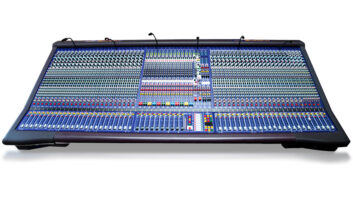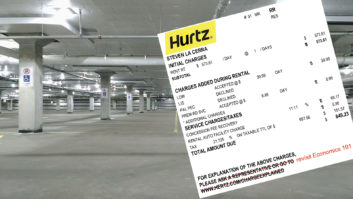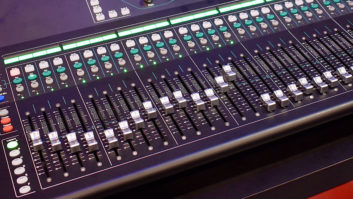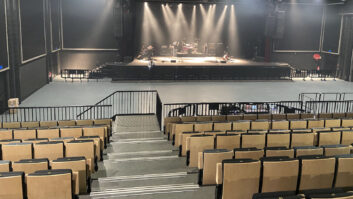
Portland, Ore., has a vibrant indie music scene, not unlike what one might experience strolling through downtown Nashville: On most nights you can hear live music being performed in venues ranging in size from coffee houses to concert halls, with many of the local venues keeping ticket prices low for their audiences.
The city’s venerable Crystal Ballroom and Roseland Theater, each with a capacity around 1,500, are popular stops for regional and national acts, and the Moda Center (formerly the Rose Garden) accommodates around 20,000 for concerts by A-list artists. There are a few venues with capacities around 3,000, such as the Keller Auditorium and the Arlene Schnitzer Concert Hall, but truth be told, those halls cater to fans of “serious” or classical music and not so much to the mosh pit crowd.
What Portland doesn’t have is a concert venue with a capacity between 3,000 and 4,000. The city also doesn’t have a venue owned by Live Nation; in fact, Portland is one of the largest cities in the United States that doesn’t host Live Nation.
Portland may get that 3,500-cap venue—but not in the way residents and the music community had hoped. Live Nation is proposing to build a new venue on Portland’s east side, on land owned by Prosper Portland (the city’s economic development agency). Details of the arrangement are somewhat murky, but it’s become a touchy subject among Portland natives—particularly musicians and local promoters. The presence of a Live Nation venue practically sounds a death knell for local promoters, who simply can’t compete with the alleged monopolist.
Mix Live Blog: You Can’t Make This Up, Ep. #1
Historically, Live Nation has allowed independent promoters to book their venues at a “market rate,” which is also murky at best. And then there’s that pesky alleged antitrust behavior of which Live Nation has been accused, including forcing indie promoters to use Ticketmaster (which they own) as the ticket-vending platform, or preventing Live Nation-managed artists from playing independent venues. (In case you were unaware, Live Nation manages hundreds of popular artists).
Live Nation sees the project as a boon for the area. According to Williamette Week, construction of the venue would create around 400 jobs with an estimated $35 million in wages, and once completed, the venue would generate an estimated $600,000 annually in property tax. Plus, local businesses such as hotels and restaurants would benefit from renewed interest in the area, and there will be a need for staffing the venue itself.
Local promoters fear, however, that one Live Nation venue in Portland will lead to more, eventually squeezing independent promoters out of the area, as has been the case in markets such as Boston and Austin (one indie promoter in the Portland area I’ve known for more than 30 years has long given up trying to compete with Live Nation).
Local performers are equally unsettled, fearing that if Live Nation takes over their local music scene, they will no longer be able to communicate directly with the people running the venues, or (worse) will be left out in the cold without venues to play.
Resistance against Live Nation’s involvement is being led by MusicPortland, an independent organization run by volunteers who seek to maintain a stable indie music scene in Portland. While MusicPortland acknowledges the fact that the city needs a venue of this size, it doesn’t want Live Nation owning or running it. They certainly have their work cut out for them, and it’ll be interesting to see how the story unfolds.







